|
As South Africa shifted towards democracy in the 1990s, violence broke out in parts of the country, much of it fuelled by ethnic division. Zulu-speaking and Xhosa-speaking South Africans were caught up in the bloodshed, targeted because of the language they spoke despite the two groups’ close shared history. It prompted one historian to consider how these languages came to be separately defined under colonialism and entrenched during apartheid – and how the division was instrumental in shaping ethnic identity today. Historian Jochen S. Arndt discusses the findings in his fascinating new book Divided by the Word.
News reports in South Africa yesterday quoted the US ambassador to the country accusing Pretoria of supplying Russia with ammunition late last year. The ambassador said Washington took the matter very seriously, and called on the South African government to practise its ‘non-alignment policy’ towards Russia. The incident illustrates the tightrope South Africa is walking as it balances closer ties with China and Russia while maintaining its relations with Washington. Thapelo Tselapedi’s advice is that South Africa should keep up the balancing act, and work not to alienate any of its partners.
|
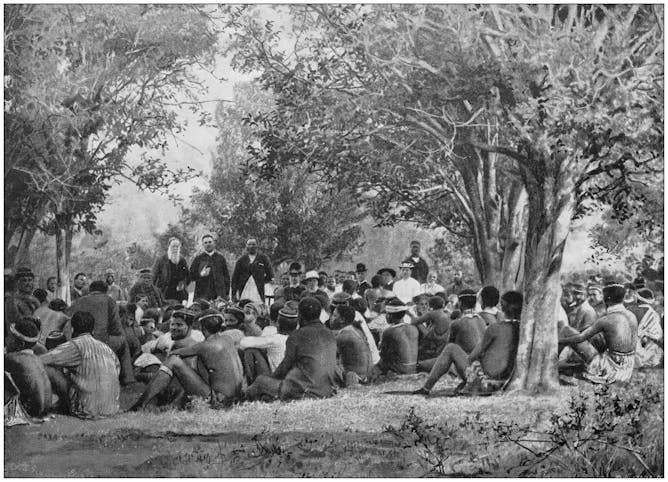
Jochen S. Arndt, Virginia Military Institute
Missionaries and African translators working on local versions of the Bible divided South Africa’s ethnic groups by language.
|
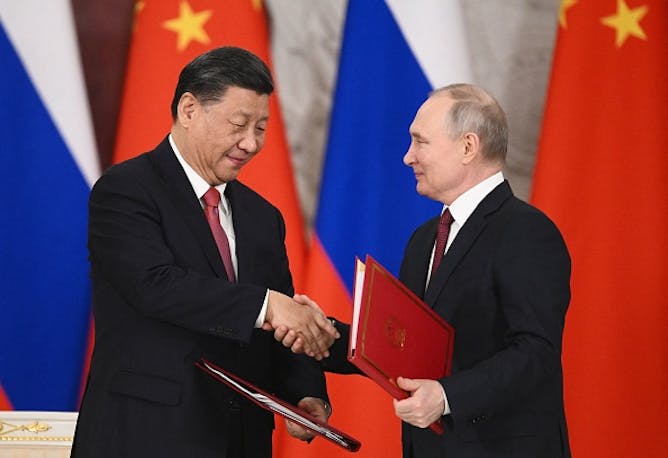
Thapelo Tselapedi, Rhodes University
The US’s negative attitude towards BRICS reflects its own weakening global power, especially its inability to isolate Russia in Europe and to contain China’s growing influence.
|

Alan Christoffels, University of the Western Cape; Sofonias Kifle Tessema
Time and information is of the essence when tackling infectious diseases across countries and continents.
|
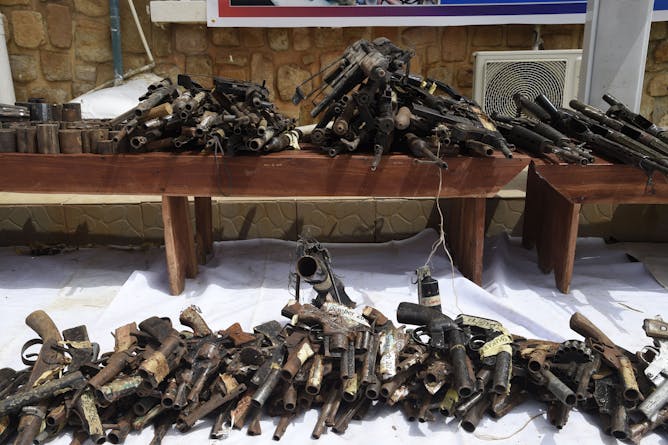
Daniel Banini, University of Central Florida
A lack of political legitimacy can lead governments to illegal purchases of small arms and light weapons.
|
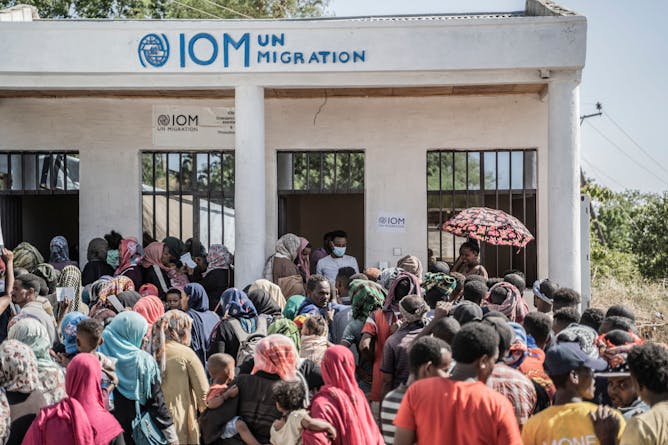
Cristiano d'Orsi, University of Johannesburg
The number of refugees leaving Sudan is particularly high because Sudan was itself host to a million refugees.
|
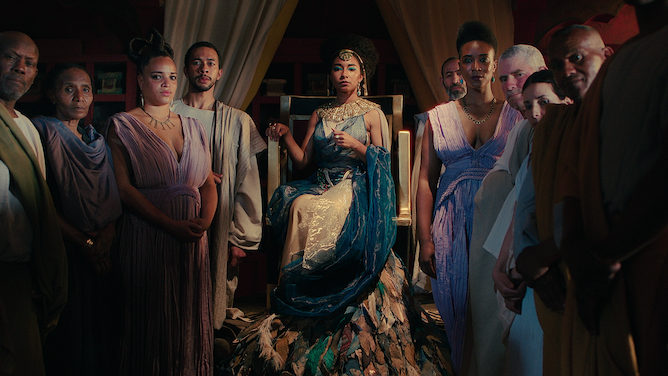
Toby Wilkinson, University of Cambridge
Le tollé suscité par l'ethnicité en dit plus long sur les préoccupations actuelles en matière de race que sur celles de l'Égypte ancienne.
|
From our international editions
|
-
Thomas Hertog, KU Leuven
The enigma at the centre of our 20-year collaboration was how the Big Bang could have created conditions so perfectly hospitable to life
-
Heather Massey, University of Portsmouth; Clare Eglin, University of Portsmouth; Mike Tipton, University of Portsmouth
From depression to muscle soreness: what are the potential benefits of cold water therapy?
-
Steven Wagner, Brunel University London
A series of poor decisions in the face of Jewish manoeuvring led to the end of the British mandate in Palestine and the creation of the Israeli state.
-
Alyssa Beall, West Virginia University
Mother figures from faith traditions around the world reflect many different ways of thinking about the divine.
|
|